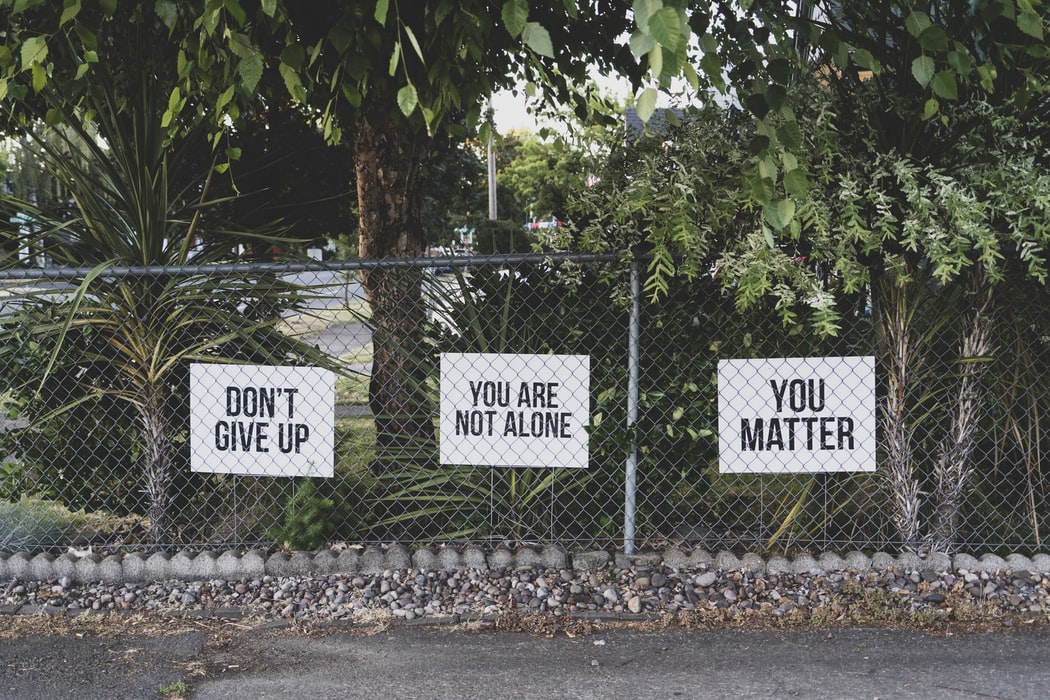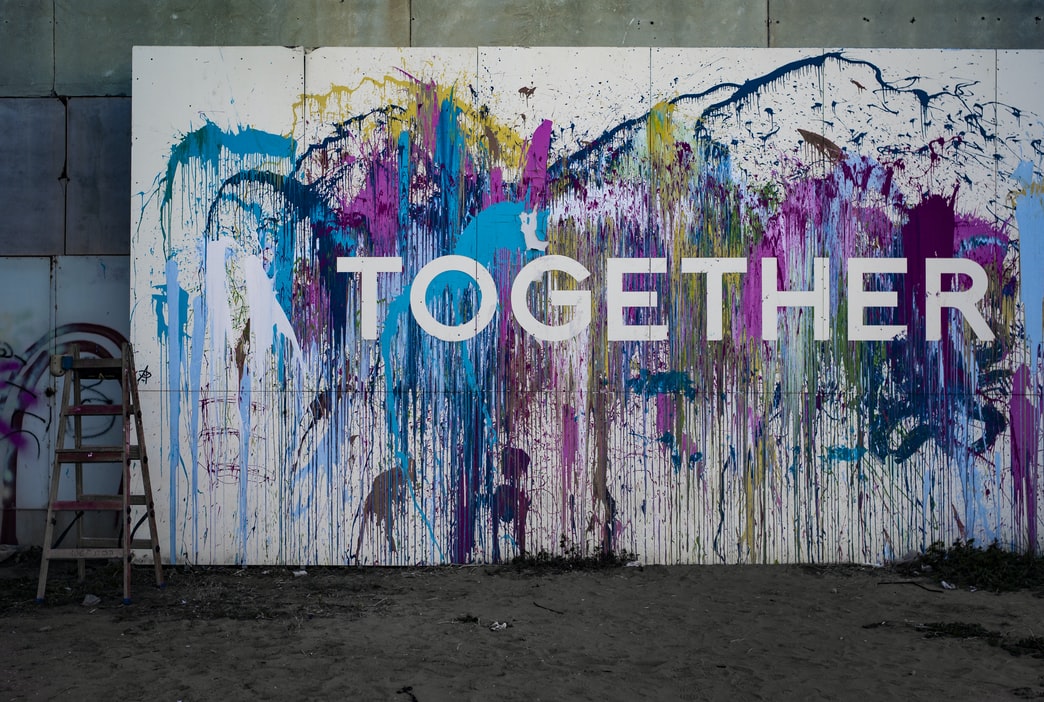
Society’s perspective of normalcy has always been about how simple a person can be. It has always been about uncomplicated and easy-going people, but what happens to the complicated souls? The ones born a little bit different than the rest? Humans have always been like planets, each one of us a different small planet that exists in its corner of the world, a small space that belongs to us. So if people were planets, these people are the unexplored ones.
Besides the beautiful metaphors and beyond Hollywood movies, there is a whole scientific field dedicated to the understanding of mental disorders. They aim to help people cope with their disorder and live a better life, not because of their uniqueness, but despite it. There are different ways to assist them, such as therapy, medication or even a mix of both, depending on the severity of the situation.
But how do you help people if they can’t afford to be examined?
This year the theme for mental health day is Mental Health For All.
It is a common truth that the accessibility in medical services has been severely damaged for the past decade or so, due to a general financial crisis in Europe. The departments of psychology and psychiatry have been greatly affected. That is because both the Governments and the general population have always considered it an unimportant field of medicine. ‘’If your body is okay, then so is your mind’’, they say. That could not be farther from the truth, as proven by psychosomatic illnesses that have been widely common in the past two decades.

As life got busier and the revolution of technology brought a new era of anxiety things got harder. People are rushing around, striving for bigger things, and that would be okay if they didn’t put so much pressure on themselves. Since Social Media became a trend, people have been comparing themselves to others, feeling like they aren’t living their best lives, missing out on today because they daydream of an imaginary tomorrow that would give them more than the present does.

That brought a new era of mental health issues. And as they became more and more severe, the health system started to crumble. Today 40% of countries don’t have a mental health policy meanwhile, around 30% of countries don’t have a mental health program, and 25% of countries don’t have mental health legislation! These are the official statistics given by WHO (World Health Organization). Mental health stability is a human right, and they deny it to us. Even though all that is true, people do not fight back for their human rights, and that brings us to the second issue concerning mental health. The lack of education when it comes to widely controversial subjects. In high school, we study anatomy, biology, weird physics equations, but no one has ever taught us about mental disorders. They talk to us about STDs and other diseases, without taking the time to organise a workshop or a presentation to inform us about something that affects people all over the globe. Something which could potentially affect our best friend, our colleague, our parents, or even us. We spend our lives thinking that it is outside of us, that it would never happen to us, and we treat it as something abnormal. That’s how discrimination and stigma begins. It’s how we contribute to the social exclusion of these people, our fellow humans. We force them to hide the peculiar parts of themselves, and we put them back to a closet they don’t belong to. Let this year’s World Mental Health be the day we put an end to it.

In that spirit, remember that the Erasmus Students Network, us volunteers, with our Social Inclusion & Health and Wellbeing days, and our colourful parades, and multicultural ideologies, have been fighting alongside these people by celebrating unity in diversity and we will continue to do so.
In the end, the world would be a dull and colourless place if each one of us didn’t add a different colour inspired by our individuality. Let our differences be what brings us together. Let our uniqueness be the bridge that unifies us.
